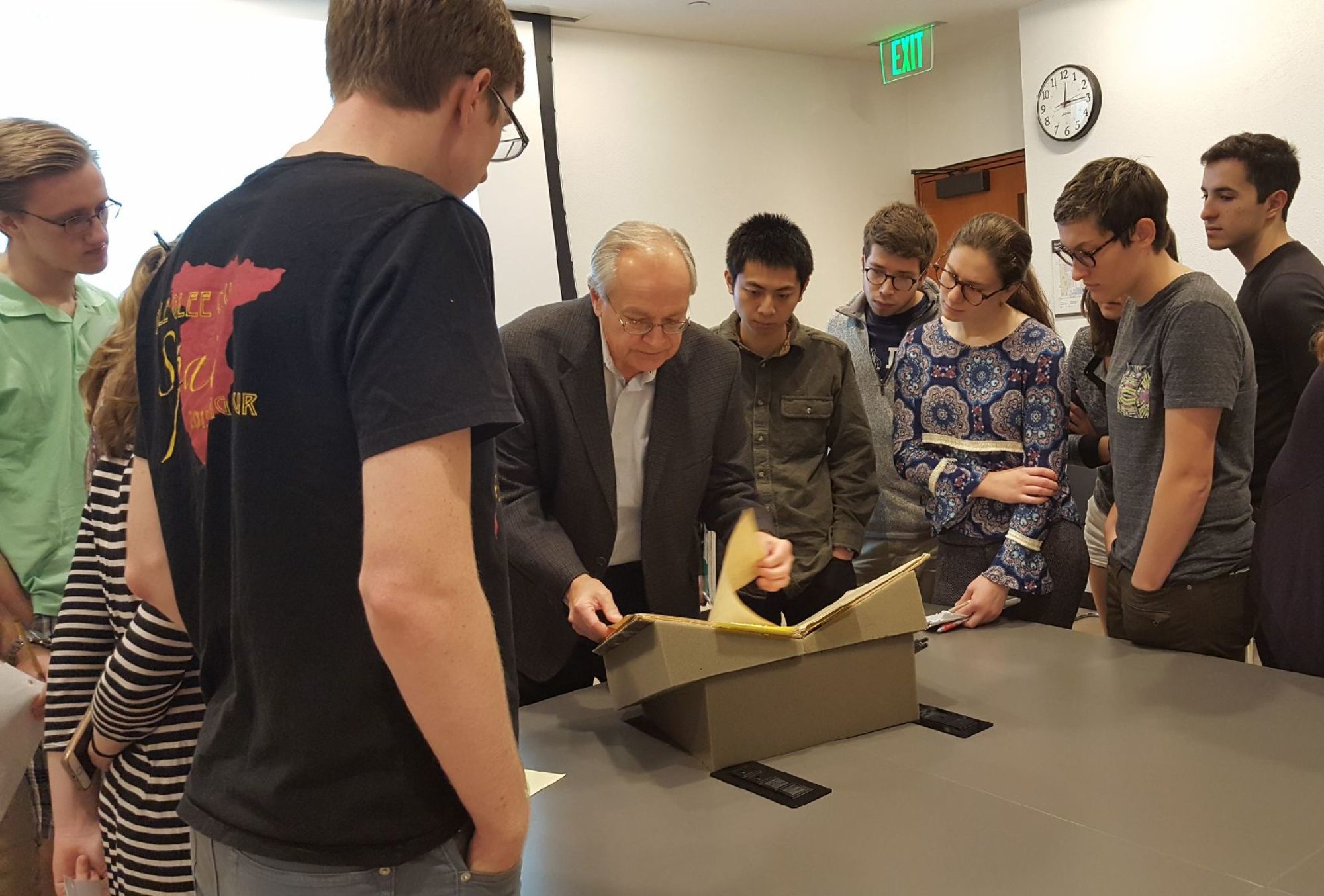From the “Introduction” (p. x) to the collection of some of my essays, Music, Structure, Thought (Ashgate, 2009)
I now regard [my] Verdian work from the 1980s . . . as a preparatory, professionally advantageous holding‑ground that encouraged other, more challenging ideas to arise as potentially fertile provocations within it. What was needed was to break out of conventional disciplinary scripts. This entailed a rethinking of basic issues from square one, coupled with a resolution not to fall into one of the new, self‑consciously combative but often musically shallow orthodoxies that were sprouting up on all sides. At least from this perhaps limited perspective, my work has sought to be radical, though not in the partisan‑political sense, caught up in activist social agendas, but rather in the etymological one: trying to rethink to the root (radix) the most fundamental questions that we ask of music. From the start, this enterprise has been marked by an abiding wariness vis‑à‑vis the discipline’s several conventional wisdoms and single‑minded, entrenched factions—both old and new. [To that extent, I have tried to make my post-Verdi work into] . . . demonstration[s] of larger interpretive principles and modes of current, dialogical questioning, in part, self‑reflexively, to problematize the act of interpretation. What happens to our studies of music when we try to wrest free from comfortable orthodoxies and begin to come to terms with the historical limitations on our own ability to produce adequate readings at all?
